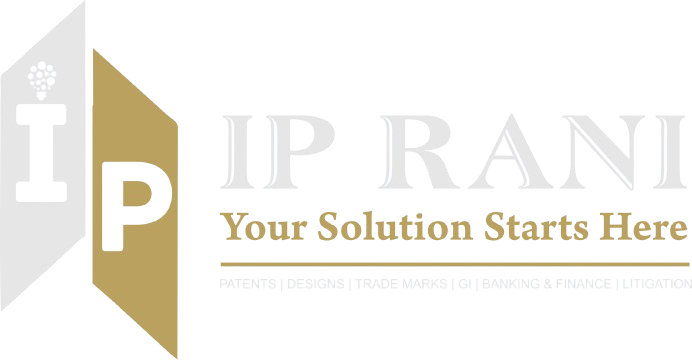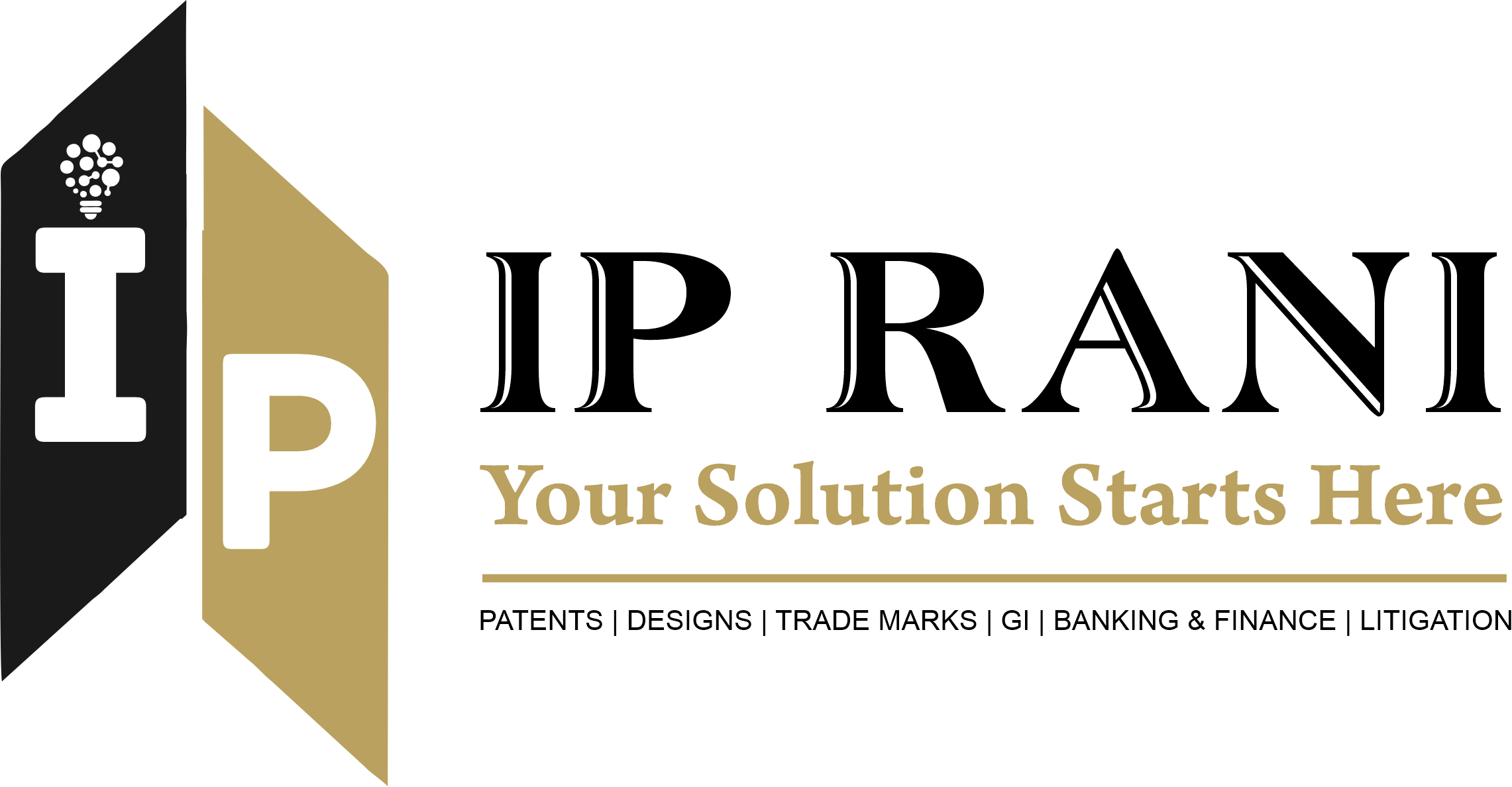What is a Hearing in Patent Examination?
A patent hearing, also known as a patent oral hearing, is a formal proceeding where the applicant (or their representative) can present arguments and clarify points related to their patent application directly to the patent examiner or a panel of examiners. This is typically an opportunity to address any remaining objections or rejections that were not satisfactorily resolved through written correspondence.
When Will It Go for Hearing?
A patent application may go to a hearing in the following circumstances:
1. Unresolved Objections:
- When the written responses to the examination report (Office Actions) have not sufficiently addressed the objections raised by the examiner.
2. Complex Cases:
- For complex cases where the examiner believes that direct interaction with the applicant would help clarify issues related to the patentability of the invention.
3. Applicant’s Request:
- In some jurisdictions, the applicant can request a hearing if they believe that a face-to-face discussion with the examiner could better address the objections.
4. Final Rejection:
- When the examiner issues a final rejection, the applicant may be given the opportunity to argue their case in a hearing before a final decision is made.
Role of Written Submission After the Hearing
1. Supplementary Arguments:
- The written submission allows the applicant to provide additional arguments and evidence that support their case, which may not have been fully addressed during the hearing.
2. Clarifications:
- It serves to clarify any points discussed during the hearing, ensuring that there is a clear and documented understanding of the applicant’s position.
3. Reinforce Oral Arguments:
- The written submission reinforces and documents the arguments presented orally, creating a comprehensive record for the patent office’s consideration.
Deadline for Written Submission
- The deadline for filing a written submission after a patent hearing varies by jurisdiction (15 days in INDIA) but is typically within a few weeks (commonly 15-30 days) following the hearing. The specific deadline will be communicated by the patent office, and it is crucial to adhere to this timeline to ensure that the submission is considered.
Why a Professional Patent Agent is Required to Attend the Hearing
1. Expert Knowledge:
- Patent agents have in-depth knowledge of patent law and procedures, enabling them to effectively address the examiner’s objections and present persuasive arguments.
2. Experience in Hearings:
- Professionals experienced in patent hearings understand the nuances of these proceedings and can navigate them more effectively than someone without this experience.
3. Strategic Presentation:
- Patent agents can develop and present strategic arguments that are likely to address the examiner’s concerns and improve the chances of obtaining a patent.
4. Legal and Technical Expertise:
- Patent hearings often involve complex legal and technical issues. A patent agent is equipped to handle these complexities and communicate them effectively to the examiners.
5. Negotiation Skills:
- Experienced patent agents can negotiate with the examiners, potentially finding common ground or alternative solutions that satisfy both parties.
Conclusion
- Patent hearings provide an opportunity for applicants to directly address the examiner’s objections and make their case for the patentability of their invention. These hearings typically occur when objections remain unresolved through written responses or in complex cases. Written submissions after the hearing are crucial for reinforcing and documenting the oral arguments, and they must be submitted within a specified deadline. Engaging a professional patent agent to attend the hearing is highly advisable due to their expertise, experience, and ability to effectively navigate the complexities of the patent process.
We provide diverse services in the Patent field including:
- Patent Searches
- Patent drawings and illustrations
- Patent Watch
- Patent Drafting
- Patent Filing
- PCT International Application Filing
- Convention Patent Filing in other countries
- PCT National Phase Application
- Convention Patent Application in India
- Patent prosecution
- Patent Grant
- Response to Office Action
- Patent hearings
- Licensing and Recordals
- Compulsory Licenses
- Pre Grant Opposition
- Post Grant Opposition
- Patent Invalidation Actions
- Foreign Filing License


